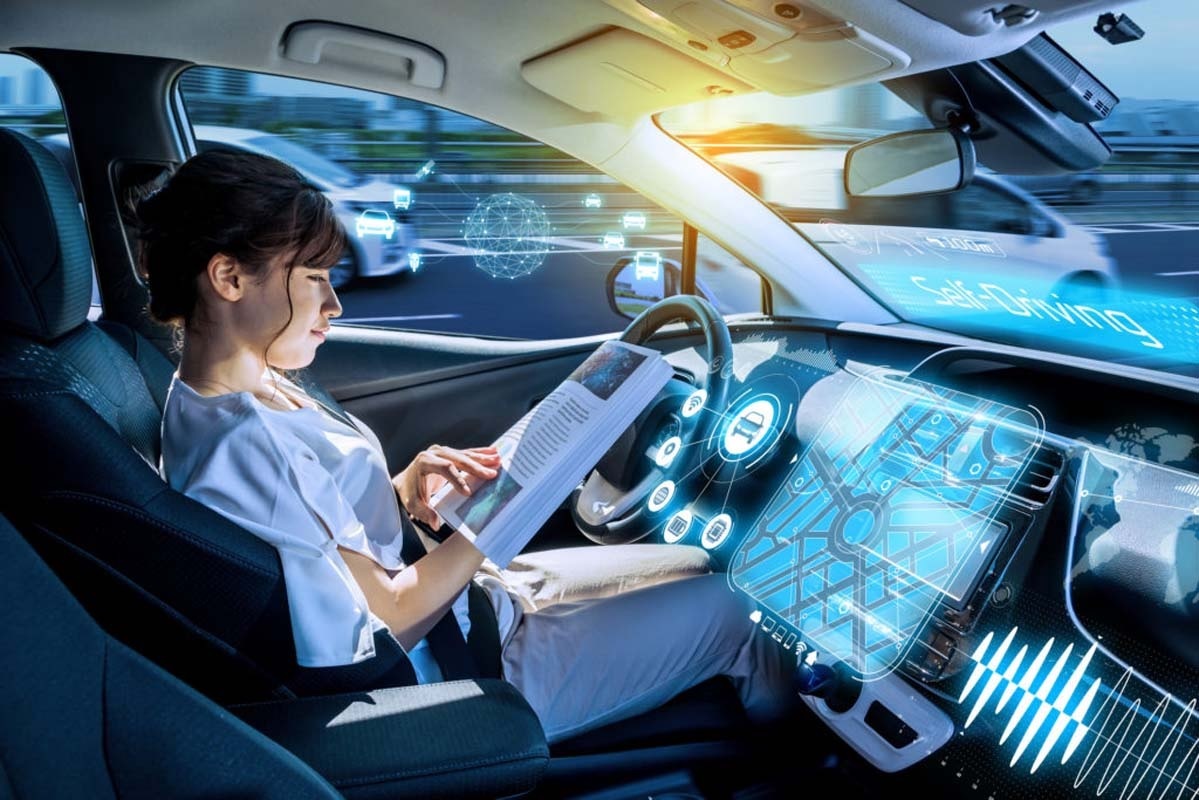Peter Rawlinson, ·CEO of United States electric vehicle maker Lucid, recently expressed a cautious view on the prospects for autonomous driving, arguing that full adoption of autonomous vehicles is still elusive until the 2030s. His remarks immediately sparked a wide discussion in the industry and prompted us to re-examine the current state and future development path of autonomous driving technology. Today, China's Exporsemi will analyze one or two for you from multiple angles.
1. Technical challenges and status quo of autonomous driving
The realization of autonomous driving technology depends on the coordinated development of multiple technologies such as perception systems, decision-making algorithms, on-board actuators, and Internet of Vehicles. However, there are still many technical and cost challenges to autonomous driving. For example, the penetration of LiDAR is limited in rain and fog environments, and it is susceptible to strong light. The camera's visual perception is significantly diminished at night and in bad weather. As autonomous driving moves towards a higher level of automation, the demand for on-board chips has increased significantly, and the demand for computing power has also risen. In addition, data enrichment, hardware costs, and legal and regulatory restrictions have further increased the difficulty of industry development.

Figure: Lucid CEO believes that autonomous driving is difficult to achieve before 2030
2. Lucid's technical advantages and market performance
Despite being cautious about the spread of autonomous driving, Lucid has demonstrated excellence in the field of electric vehicles. In the case of the Lucid Air, its all-electric sedan offers significant advantages in terms of range and energy efficiency. The 2025 Lucid Air was named the "world's most efficient electric vehicle" by the United States Environmental Protection Agency (EPA), driving 5 miles (about 8.05 kilometers) per kilowatt-hour. Among them, the Air Grand Touring model has an EPA range of 512 miles (about 823.98 kilometers), and the price starts at 110,900 US dollars (about 790,000 yuan). This performance highlights Lucid's innovative ability and market competitiveness in the field of electric vehicles.
3. Opportunities for China's semiconductor industry chain
CEO Lucid's early warning is not only a reminder for manufacturers related to China's semiconductor industry chain, but also a development opportunity. China is the world's largest market for new energy vehicles, and the development of autonomous driving technology is crucial to enhancing the competitiveness of domestic industries. At present, Chinese enterprises need to increase investment in core areas such as autonomous driving chips and AI algorithms, and always pay attention to the changes in the international market to seize the window period of industrial transformation and upgrading. According to industry forecasts, by 2030, the global penetration rate of new energy passenger vehicles will reach 50%, of which the penetration rate of the Chinese market is expected to be close to 70%. In the face of this market demand, Chinese semiconductor companies are expected to achieve a wider range of application scenarios through technological innovation.
4. future outlook and strategic adjustment
The development of autonomous driving is a long and complex process, which requires not only technological breakthroughs, but also policy support and market recognition. CEO Lucid's perspective reminds us that even though the future of autonomous driving is promising, there are still many bottlenecks to be overcome. For China's semiconductor industry chain manufacturers, this is a potential opportunity for technological improvement and market expansion. Chinese companies can gradually improve their competitiveness in the international autonomous driving technology field and gain a firm foothold in the global market by continuing to innovate, optimize the supply chain, and increase investment in independent research and development.
5.Conclusion
The future of autonomous driving is widely promising, but the road ahead is still fraught with challenges. Lucid CEO Peter · Rawlinson's remarks reminded the industry that the full realization of autonomous driving may be more difficult than imagined. For Chinese semiconductor companies, this warning provides an opportunity to calmly respond, deepen their technology and expand their markets. Through continuous innovation and market expansion, Chinese companies are expected to have a place in the global autonomous driving field. At the same time, it also reminds the global semiconductor industry to remain sensitive to market changes and adjust production capacity and investment direction in a timely manner to cope with potential challenges in the future. Despite the difficulties faced in the short term, this adaptability will help the semiconductor industry achieve steady and sustainable development in the longer term.
All in all, Rawlinson's remarks not only put a question mark on the future development of autonomous driving, but also prompted the industry to reevaluate its own technology strategy and market expectations.






